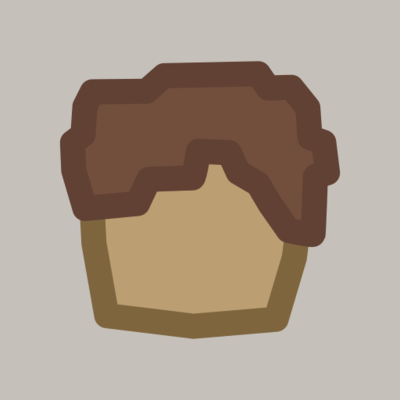Perhaps this is a weird question I have, but I’ve been watching some technotim videos lately and he seems to have local dns addresses for local services. Perhaps I’ve got this wrong, but if not: how would you go over doing this?
I have a pterodactyl dashboard, which I access locally using the machines IP and the port, but it would be great to have a pterodactyl.example.com domain, which isn’t accessible from other networks, but does work on my own network. I also still want some services exposed to the internet, so I’m not sure if this would work.


One thing to be careful of that I don’t see mentioned is you need to setup ACLs for any local-only services that are accessible via a web server that’s public.
If you’re using the standard name-based hosting in say, nginx, and set up two domains publicsite.mydomain.com and secret.local.mydomain.com, anyone who figures out what the name of your private site is can simply use curl with a Host: header and request the internal one if you haven’t put up some ACLs to prevent it from being accessed.
You’d want to use an allow/deny configuration to limit the blowback, something like
allow internal.ip.block.here/24; deny all;
in your server block so that local clients can request it, but everyone else gets told to fuck off.
I was planning on filtering local and external IP’s, like technotim explains in one of his videos by using cloudflare as an external reverse proxy